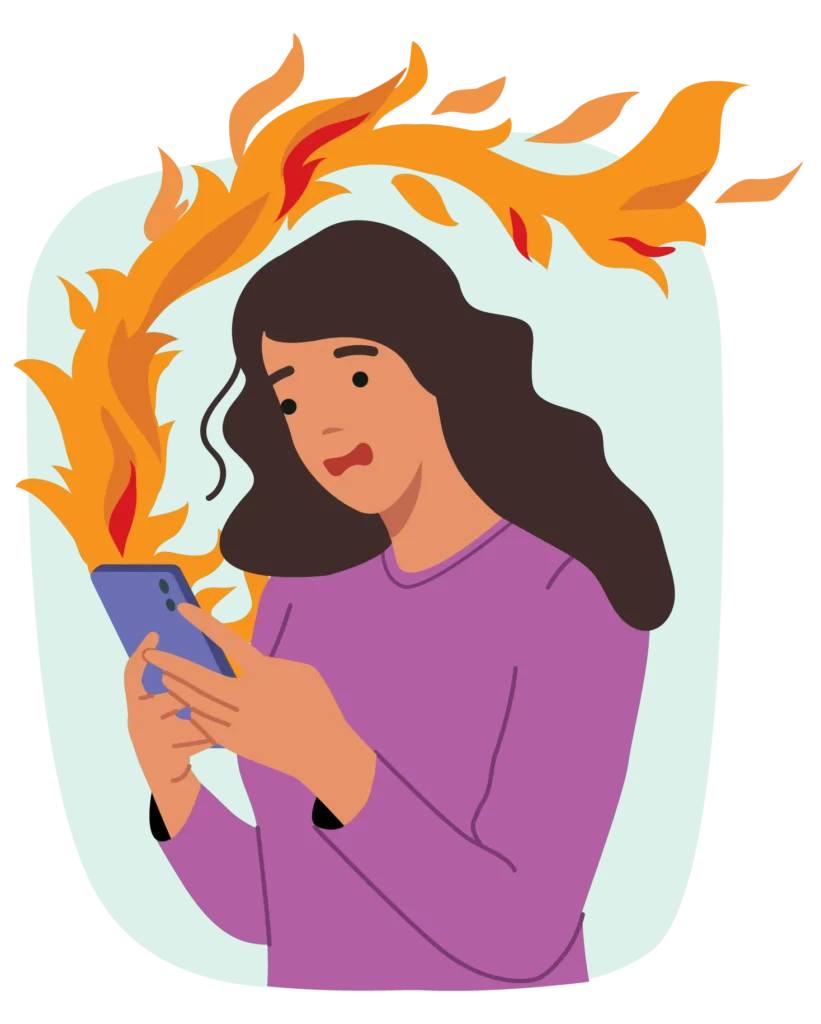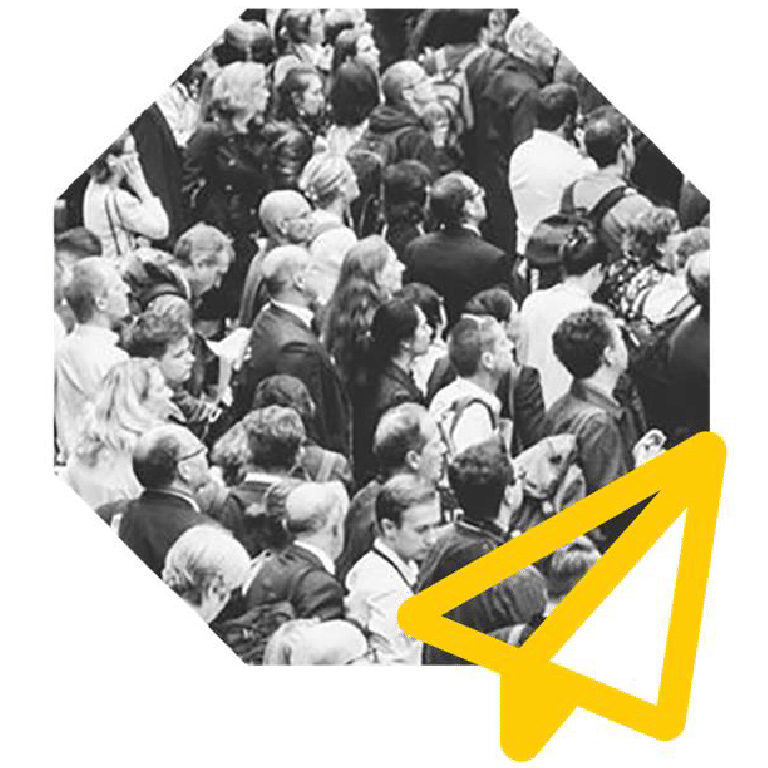Misinformation is more than just inconvenient; it’s dangerous and a direct threat to our human rights (learn more below).
Take this quiz and test your ability to STOP misinformation before it spreads:
The following content is available in: 简体中文 | 繁體中文 | Français | ਪੰਜਾਬੀ | हिंदी | فارسی | عربى | 한국어 | 日本語 | Español | Русский | Tiếng Việt
About this campaign
False or misleading information—shared either unintentionally (misinformation) or to cause harm (disinformation)*—has become a major issue. B.C.’s Human Rights Commissioner launched this campaign to raise awareness about how mis- and disinformation are damaging our society and what we can do to STOP it from spreading.
In short, mis- and disinformation harm all of us and are difficult to recognize. Let’s look at why that’s true—and what we can do about it.
*To keep things simple, we sometimes refer to both of these as “misinformation” in this campaign.
Why did I see an ad for this page?
Why is mis/disinformation a human rights issue?
When misinformation spreads faster than truth, rights get trampled.
Misinformation fuels discrimination and hate crimes. By promoting stereotypes, biases and conspiracy theories that target specific groups, misinformation provokes harmful attitudes and behaviours, including discrimination and hate crimes.

It harms democracy and a functioning society. Mis- and disinformation mislead voters and reduce trust in political leaders. They also increase the amount of “information” available and makes it difficult to identify what is really true. This can make us distrustful of all information—including the information that we need to make informed choices to protect ourselves and those we care about.
To learn more about how mis- and disinformation fuel discrimination and hate and harm democracy, check out our 2023 report, From Hate to Hope (particularly pages 171-172), and our 2024 report, Rights in Focus (particularly pages 55-56).
Why is mis/disinformation so difficult to STOP?
People who create disinformation are motivated to make it work because they benefit from convincing us that the information they share is true. They use powerful strategies to mislead us, including:
- using algorithms to show up on social media feeds of people with related interests and values
- benefiting from social media site processes (algorithms)
- modifying information and creating misinformation that looks real
- provoking strong emotions that make it feel urgent to share the post
- misidentifying something as the source of a real problem because it occurs as the same time
What can we do about mis/disinformation?
We have the power to address misinformation.
We don’t have to confront every manipulative piece of information. But even small actions can have powerful outcomes.
This isn’t just about protecting ourselves. When we stop the spread of misinformation, we help to protect:
- our friends and family from manipulation
- marginalized communities from discrimination and hate
- our society from threats to democracy
Here’s what you can do:
1. Learn to STOP misinformation before it spreads
To help STOP misinformation from spreading, you need to be able to recognize misinformation. The STOP method is designed to help you.

Share (only) when you’re sure
Is this really true?

Track down the truth
Do other reliable sources have the same information?

Outsmart the outrage
Have strong feelings about this? Are those feelings based on facts?

Poke at the point of view
What’s it trying to say? Who’s saying it? Who benefits from it being said?
2. Learn more about misinformation and how you can take action
Keep an eye on this page for updates and additional resources that explore misinformation and its connections to human rights.
3. Help others in your life learn about misinformation
Share this webpage, the quiz and the STOP tool with your family members, friends, colleagues and members of your community.
4. Spread the word in your community
Can you STOP misinformation in your community? We are calling on classrooms, youth groups and community organizations around B.C. to spread the word about how to STOP misinformation before it spreads. Doing so can help raise awareness in your community about the human rights impacts of misinformation and how to STOP it.
Projects can include:
- visual art, such as murals, posters, paintings and banners
- multimedia arts, such as videos, photography or podcasts
- poetry, short stories, zines, comic books
- gatherings or events, including community roundtables, intergenerational discussion and learning sessions
- something else: let us know if you have another project idea!
Selected projects will be featured on this webpage and may be shared via our Office’s social media channels. Let us know if you would like us to share yours!
We have mini-grants!
Funding support is available to support projects through a mini-grant opportunity. Visit our Community Amplifiers page to learn more and apply.
You are the difference
Even if you didn’t think of yourself as someone affected by misinformation…
Even if you’ve shared something that turned out to be false (many of us have)…
Even if it feels overwhelming to push back…
You are part of a bigger story.
When we take action to stop the spread of mis- and disinformation, we push back against manipulation and protect each other’s rights.

Send to a friend to see how they do!